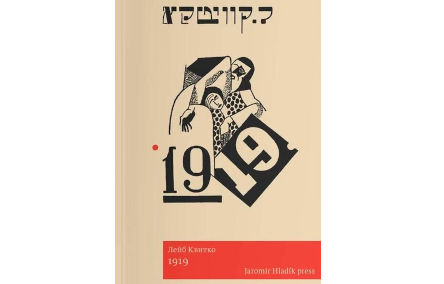
Leib Kvitko: New Book in Russian Translation
Leib Kvitko: New Book in Russian Translation
 The publishing house Jaromír Hladík press in St. Petersburg published the Russian translation of Leib Kvitko’s Yiddish poetry book “1919”. A whole workshop of new Yiddish translators (about ten people), prepared by a special seminar held in St. Petersburg from 2021 to 2023, took part in this publication. The seminar, organized by the Judaica Center of the European University in St. Petersburg, was led by the poet Igor Bulatovsky. Yiddish was taught by two well known literature experts and translators, Valery Dymshits and Alexandra Glebovskaya.
The publishing house Jaromír Hladík press in St. Petersburg published the Russian translation of Leib Kvitko’s Yiddish poetry book “1919”. A whole workshop of new Yiddish translators (about ten people), prepared by a special seminar held in St. Petersburg from 2021 to 2023, took part in this publication. The seminar, organized by the Judaica Center of the European University in St. Petersburg, was led by the poet Igor Bulatovsky. Yiddish was taught by two well known literature experts and translators, Valery Dymshits and Alexandra Glebovskaya.
Kvitko (1890-1952) is best known as a children’s poet, but the newly published collection is not intended for children at all. It is an outstanding monument to expressionist poetry and a testimony to the Jewish pogroms that erupted in Ukraine in the year of 1919.
We would like to remind you that on our website you can read another book by Kvitko in its original Yiddish: “Alefbeys (alphabet) in verse“. It was published in 1947 in Moscow, illustrated by the remarkable Jewish artist Mikhail Yo (Meer Yoffe). Behind the seemingly childish nature in this book there are also adult overtones, sometimes imbued with tragic feelings… As it is well known, in 1952 the poet became one of the victims of Stalin’s execution of the Jewish Anti-Fascist Committee.
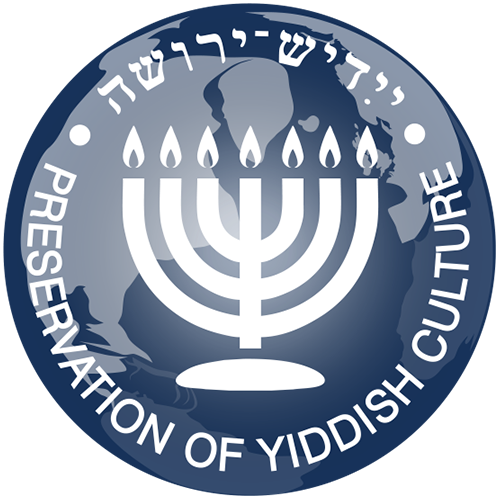
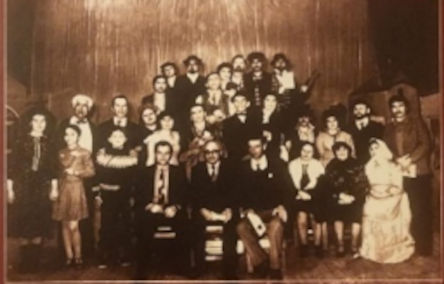
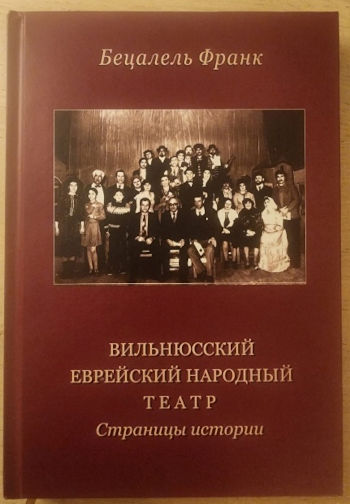 On September 8, 2023, a presentation of Betzalel Frank’s newly published Russian language book “Vilnius Jewish Folk Theater. Pages of History” took place at the building of the Lithuanian Jewish Community in Vilnius.
On September 8, 2023, a presentation of Betzalel Frank’s newly published Russian language book “Vilnius Jewish Folk Theater. Pages of History” took place at the building of the Lithuanian Jewish Community in Vilnius.
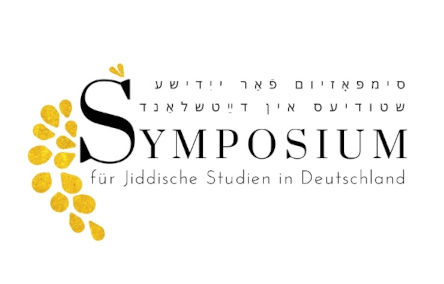
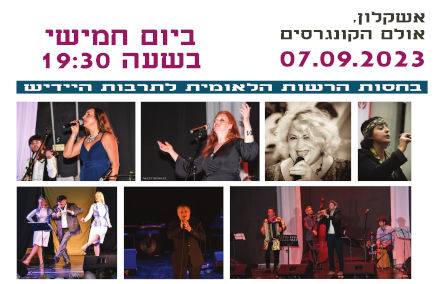

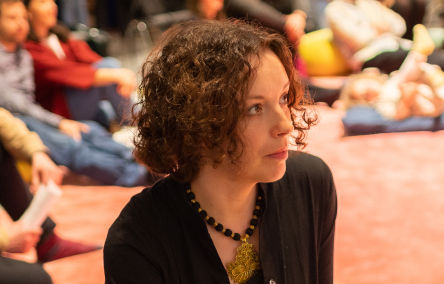

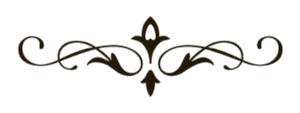

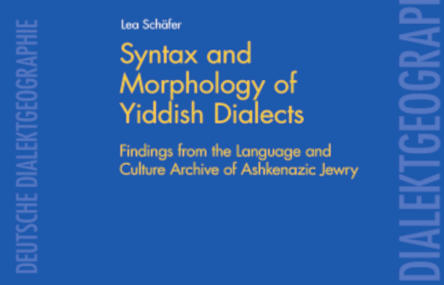
 The publishing house of the Philipps University of Marburg in Germany published Dr. Lea Schäfer’s study “Syntax and Morphology of Yiddish Dialects: Findings from the Language and Culture Archive of Ashkenazic Jewry”. The archive mentioned in the subtitle of this monograph was created at Columbia University, has been digitized and is now
The publishing house of the Philipps University of Marburg in Germany published Dr. Lea Schäfer’s study “Syntax and Morphology of Yiddish Dialects: Findings from the Language and Culture Archive of Ashkenazic Jewry”. The archive mentioned in the subtitle of this monograph was created at Columbia University, has been digitized and is now